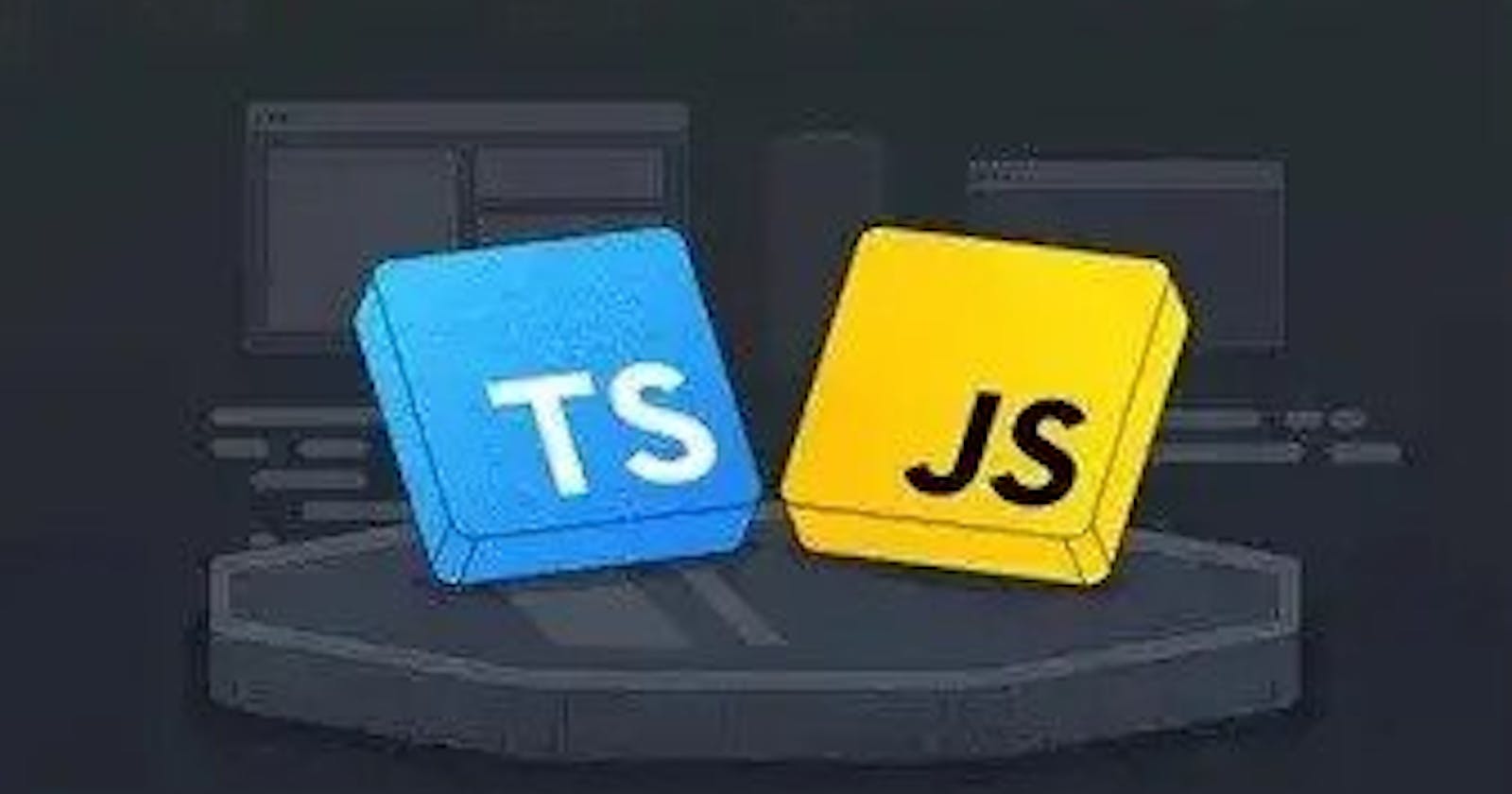Why Choose TypeScript Over JavaScript (or Vice Versa): A Comprehensive Comparison
Typescript and JavaScript are both programming languages that are widely used in the development of web-based applications. While they may have some similarities, they also have some significant differences that make them suitable for different use cases. In this article, we’ll look at some of the key points that developers consider when deciding whether to use TypeScript or JavaScript for their projects.
One of the main reasons that developers choose TypeScript over JavaScript is the added type safety that it provides. TypeScript is a strongly typed language, which means that it requires variables to have a specific data type, such as a string or a number. This helps to prevent common coding errors, such as assigning the wrong type of value to a variable, which can lead to bugs and other issues in the code.
Another reason that developers may choose TypeScript is for its improved code readability and maintainability. Because TypeScript is a compiled language, it catches errors at compile-time rather than runtime, which makes it easier to find and fix issues in the code. This can save time and resources, especially for larger projects with many contributors.
On the other hand, some developers prefer to use JavaScript because it is a more flexible language. It is dynamically typed, which means that variables do not need to have a specific data type assigned to them. This can make it easier to write code quickly, as it allows developers to be more flexible with their data types. JavaScript is also widely supported by web browsers, so it can be used in a variety of environments.
One potential downside of using JavaScript is that it can be more prone to runtime errors, as it does not have the same level of type checking as TypeScript. This can lead to more debugging and testing time, especially for larger projects.
Ultimately, the choice between TypeScript and JavaScript will depend on the specific needs and goals of a project. TypeScript may be a better choice for projects that require a higher level of type safety and code maintainability, while JavaScript may be more suitable for projects that require a greater degree of flexibility. It is important to carefully consider the trade-offs between the two languages and choose the one that is best suited for the project at hand.
In addition to the points mentioned above, there are a few other factors that developers may consider when deciding whether to use TypeScript or JavaScript. These include:
Community support: Both TypeScript and JavaScript have large and active communities of developers who contribute to their development and provide support. However, JavaScript has been around for longer and has a larger overall community, which may be a factor for some developers.
Integration with other tools and frameworks: Both TypeScript and JavaScript can be used with a wide range of tools and frameworks, such as React, Angular, and Vue.js. However, TypeScript may have an advantage when it comes to integration with certain tools, as it was specifically designed to be used with the Angular framework.
Learning curve: For developers who are already familiar with JavaScript, learning TypeScript may require a bit of a learning curve. However, many developers find that the added type safety and other features of TypeScript make it worth the effort.
Overall, the decision to use TypeScript or JavaScript will depend on the specific needs and goals of a project. Both languages have their own unique strengths and weaknesses, and choosing the right one will depend on the specific requirements of the project.
